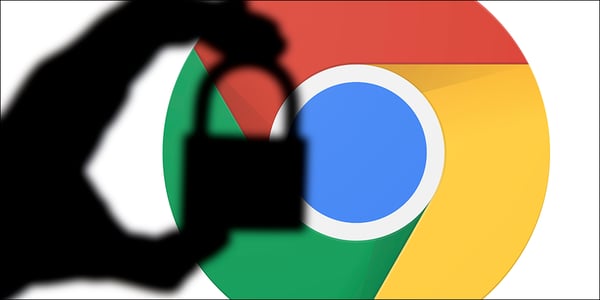
This week's review of ad fraud and privacy in the digital advertising space.

A bipartisan pair of senators introduced a new privacy bill protecting children, aiming to give parents more control over how their kids spend time online. "The Kids Online Safety Act would require online platforms to provide parents and minors younger than 16 with “easy-to-use” tools to keep them safe, limit screen time and protect their data. It would demand that companies create tools to allow parents to track how much time their kids spend on a service, or to opt out of features such as autoplay that might extend time online," informs Washington Post.

Google will soon reveal a space for developers to send proposals over more privacy-oriented solutions, potentially replacing Android Ad ID. However, according to an Android executive, Android Ad ID will stay with us for at least two more years. "The Android Privacy Sandbox builds on the third-party cookie-related work already being done in the Chrome version of the Sandbox. The initial goal is to support a handful of primary advertising use cases: targeting, retargeting, attribution and measurement," explains AdExchanger.

After a relatively calm December (rise by 1.4%), the ad market jumped significantly in January. "The ad year began with a 19.2% surge in spending in January vs. the same month a year ago, marketing the 11th consecutive month of post-COVID gains for the U.S. ad marketplace," according to MediaPost estimations.

ViacomCBS has changed its name to Paramount Global. The new name "reflects the power of our content; one that reflects our role as stewards of a rich heritage and as leaders in the future of entertainment," explain Paramount executives in a joint memo, per MediaPost.

Google agreed with the British competition authority CMA to address anti-competition concerns over phasing out third party cookies and Privacy Sandbox. "Google has agreed not to remove third-party cookies until the CMA “is satisfied that its competition concerns have been addressed.” The CMA’s main worry is that phasing out third-party cookies in Chrome will give Google an unfair advantage in the digital ad market," informs AdExchanger. The same day, the European Publish Council sued Google for anti-competitive activities.
*By entering your email address and clicking Subscribe, you are agreeing to our Terms of Use and Privacy Policy.
These Stories on Weekly Recaps
*By entering your email address and clicking Subscribe, you are agreeing to our Terms of Use and Privacy Policy.

Disclaimer: The content of this page reflects Pixalate’s opinions with respect to the factors that Pixalate believes can be useful to the digital media industry. Any proprietary data shared is grounded in Pixalate’s proprietary technology and analytics, which Pixalate is continuously evaluating and updating. Any references to outside sources should not be construed as endorsements. Pixalate’s opinions are just that - opinion, not facts or guarantees.
Per the MRC, “'Fraud' is not intended to represent fraud as defined in various laws, statutes and ordinances or as conventionally used in U.S. Court or other legal proceedings, but rather a custom definition strictly for advertising measurement purposes. Also per the MRC, “‘Invalid Traffic’ is defined generally as traffic that does not meet certain ad serving quality or completeness criteria, or otherwise does not represent legitimate ad traffic that should be included in measurement counts. Among the reasons why ad traffic may be deemed invalid is it is a result of non-human traffic (spiders, bots, etc.), or activity designed to produce fraudulent traffic.”

